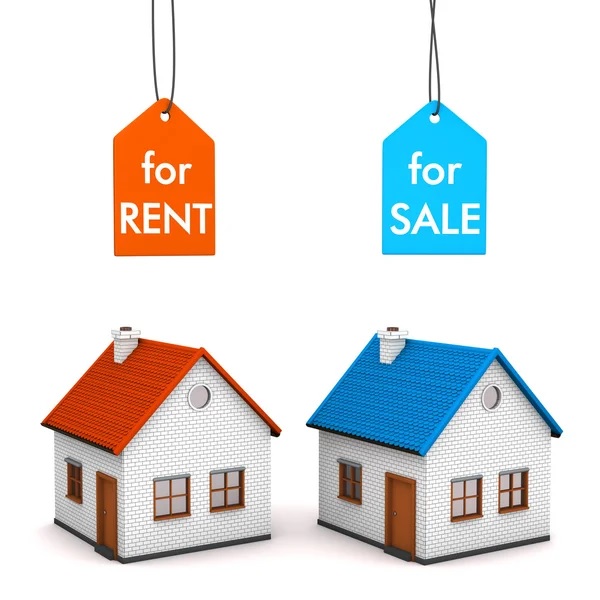
Deciding whether to buy or rent a home is a significant financial decision that depends on various factors including personal circumstances, financial health, and long-term goals. Owning a home offers the potential for building equity, tax benefits, and a sense of stability and permanence. When you buy a property, your monthly mortgage payments contribute towards ownership of a tangible asset that can appreciate over time. This appreciation can result in substantial financial gains if the property is sold at a higher price in the future. Additionally, homeowners can customize their living spaces to their preferences without needing landlord approval, which adds to the appeal of buying. Moreover, owning a home can provide a sense of security and belonging, as it ties the owner to a specific community.
However, buying a home also comes with significant responsibilities and risks. Homeownership requires a substantial upfront investment, including a down payment, closing costs, and ongoing expenses such as property taxes, maintenance, and repairs. These costs can add up quickly and may outweigh the benefits of homeownership, particularly if the property does not appreciate as expected. Additionally, the process of buying and selling a home can be time-consuming and costly, making it a less flexible option for those who might need to relocate frequently for personal or professional reasons.
On the other hand, renting offers greater flexibility and fewer responsibilities compared to owning a home. Renters are not tied down to a property and can move more easily if their circumstances change. Renting can also be more affordable in the short term, as it typically requires a smaller initial outlay compared to the down payment and other costs associated with buying a home. Monthly rent payments are often lower than mortgage payments, particularly in areas with high property values. Renters are also relieved from the burden of property maintenance and repairs, which are typically handled by the landlord.
However, renting has its downsides as well. Rent payments do not contribute to building equity, meaning that money spent on rent does not result in ownership of a valuable asset. Renters may also face uncertainty regarding rent increases and lease renewals, and they have less control over their living space compared to homeowners. Furthermore, the lack of tax benefits and potential for property appreciation means that renting does not offer the same financial advantages as owning a home.
Ultimately, the decision to buy or rent depends on individual circumstances and priorities. For those seeking long-term stability, the potential for property appreciation, and the ability to customize their living space, buying a home may be the better option. Conversely, for those who value flexibility, lower upfront costs, and fewer responsibilities, renting might be more suitable. It is important to carefully weigh the pros and cons of each option and consider factors such as financial readiness, lifestyle preferences, and long-term goals before making a decision.